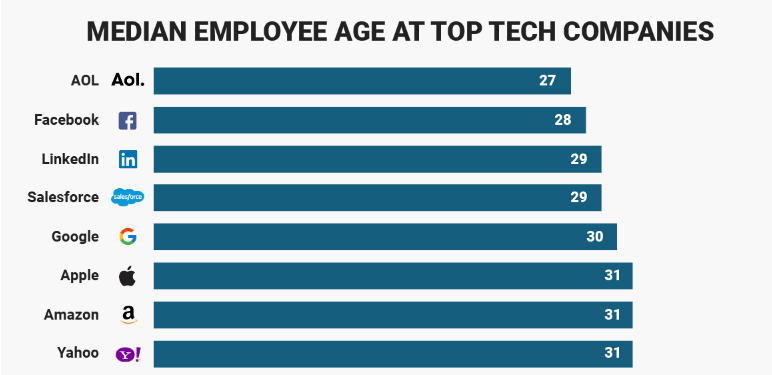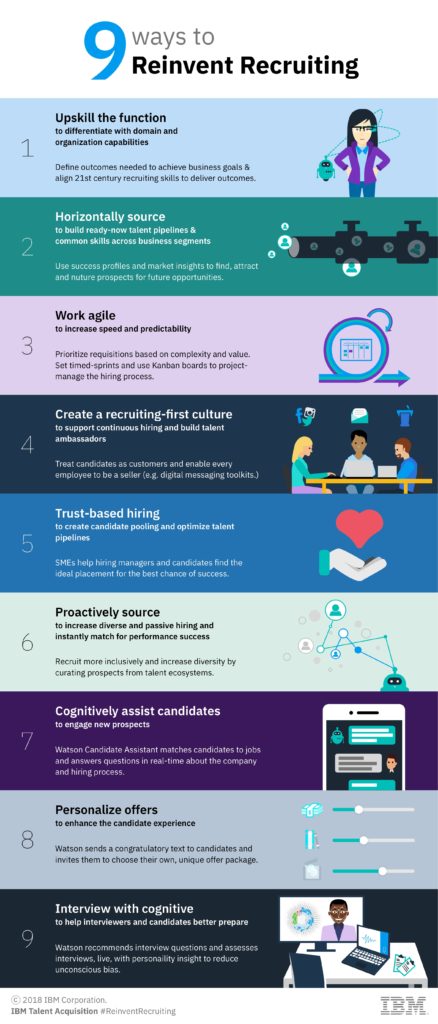Today I’m super excited to launch a new series on my blog that brings in thoughts and opinions directly from Generation Z. How do I pull that off? I happen to have a GenZ son at the University of Michigan who is going through an internship selection and interview process and I thought we could all learn a great deal about GenZ by listening hearing from them directly!
My son, Cameron Sackett, is an Advertising and Marketing major at U of M, looking for his first real-world experience. Here is his take on how you find that first internship:
Every incoming college student has a plan on how their college experience is going to go. I definitely did. I’m not even halfway done with college and it has gone NOTHING like I expected, but one thing I always knew that I needed was internships.
These coveted “jobs” for college students at cool companies like Nike or Google are a main topic of conversation on any college campus. I wanted to have one of these amazing intern experiences that you hear about all the time, but I quickly learned they are impossible to get.
All of these jobs require an “in”; you need to know someone that knows someone that can get your foot in the door. Reluctantly I had to face the truth, I had no “in” except for my father. The last thing any college student wants to do is turn to their parents to ask for help for anything, let alone getting a job. I have a great relationship with my parents and I love my dad, but I wanted to do this on my own!
I want to be able to say “I got this job and I did it myself”, but I need to play the game and that’s not how the game is played anymore. Luckily, my dad was already aware of this and had posted on his LinkedIn account for internships for my older brother and I. Little did I know this post would blow up and tens of thousands of people would have viewed it! (Honestly, I’m still surprised that many people care about what my Dad has to say).
Now I’m in contact with multiple different companies who are offering me great opportunities that will really further my education in a way I can’t do in a classroom. I now can see the benefit in using my “in”, my Dad, because it’s all about networking. Everyone nowadays is always telling you to network, to make connections with everyone you meet because you never know what they might be able to provide for you. Sometimes, the connections and networking we should be doing are close to us, like our parents.
I never thought that I would want to do anything similar to my Dad’s line of work (still don’t to be honest), but when your dad is a micro-celebrity in the HR world, you should take advantage of that! My biggest takeaway from this experience is to not be ashamed of using your connections because once you get your foot in the door, that’s when you can start to make a name for yourself. I’m still hoping for that amazing internship experience, but I have accepted the reality that to get that experience, I need to use the connections I have.
HR and TA Pros – have a question you would like to ask directly to a GenZ? Ask us in the comments and I’ll have Cameron respond in an upcoming blog post right here on the project. Have some feedback for Cameron? Again, please share in the comments and/or connect with him on LinkedIn.
Besides being a Dad with a network, I thought the best way to get my son some ‘real-world’ experience would be to put himself out there as a writer! Let him know what you think and let us hear what you would like to learn about the next big generation entering our workforce!



